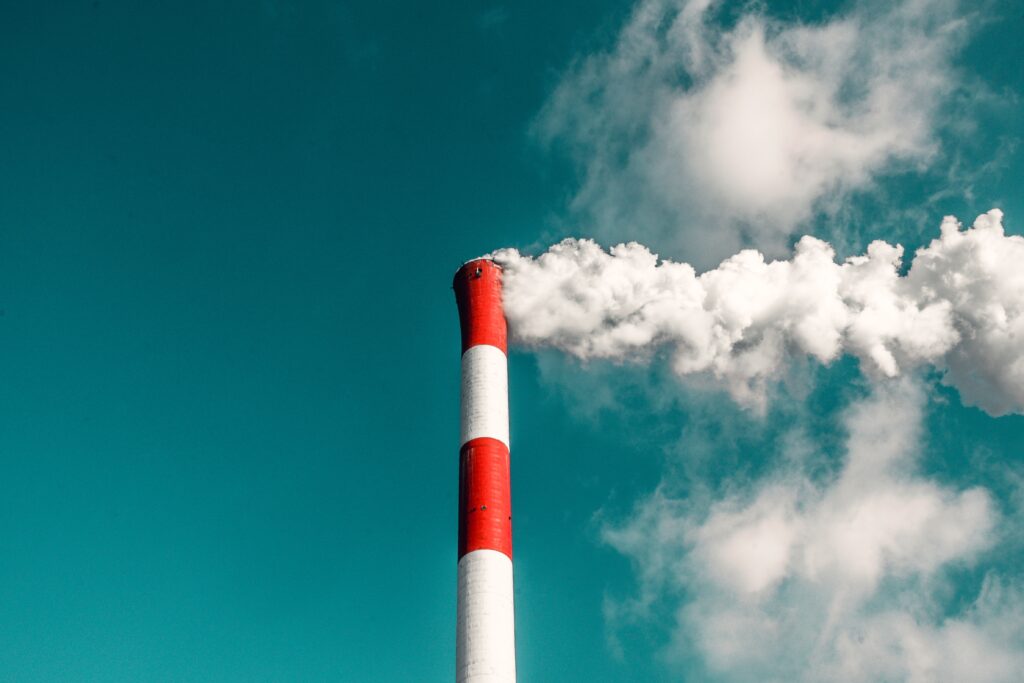This post was written by Jay Kulkarni ’20. Connect with him on LinkedIn.
2019 may go down as the year that the world began to “wake up to the climate emergency.” Inspired by climate activists such as Greta Thunberg and Extinction Rebellion, the non-violent youth climate movement became a global phenomenon that starkly highlighted the apathy and inaction of the political class in most developing and transitioning economies.
Despite some recalcitrance amongst those aged 55 and older, acceptance of climate science is spreading. Climate change is a scientific fact, and it’s happening now. It will unpredictably impact ecosystems and biodiversity, thereby affecting people who depend on their environment for ecosystem services such pest/ disease control and provisions such as food and water. As the world warms, diseases will spread. Heatwaves will become deadlier. Coastlines will erode. Species will die out.
We must confront our temporally-, spatially-, and ecologically-distributed responsibility to individuals, nations, future generations, and the other species with which we share our planet. Scientists accept that reducing greenhouse gas (GHG) emissions is a requirement to keep the global temperature increase to below 2°C in keeping with the 2015 Paris Climate Agreement. The disagreements now stem from what to do next.
One common refrain from political leaders — like Donald Trump — opposed to the Paris climate targets is that some countries are disproportionately expected to do the heavy lifting of reducing emissions, which is seen as a threat to their economies. The US has stated that it will withdraw from the Paris agreement on November 4, 2020, one day after the 2020 US Presidential election. However, this argument ignores the global and intergenerational dimensions of climate change; even though China has higher annual emissions at present, the US has historically contributed the most GHGs in total. The US, along with other GHG polluters, are therefore attempting to “pass most of the burden of their activities to people in other parts of the world and the future in unfair ways.”
The other ethical phenomenon at play is the tragedy of the commons: as governments and industries act selfishly and short-sightedly, they “deplete a freely available shared resource, against each of the parties’ long-term interest.” Most GHG polluters face no penalties, while the public pay the costs of pollution and climate change through loss of ecosystem services and impacts to health and well-being. In addition, there are skewed vulnerabilities at play, where the countries whose emissions levels have historically been the lowest are those that may be amongst the most vulnerable to the effects of climate change.
It is therefore imperative that large economies acknowledge their proportionate culpability for the effects of climate change, as well as their responsibility to the peoples and ecosystems affected. In addition, we must absorb the lessons of indigenous people around the world, whose observations of the dynamic equilibrium of natural ecosystems have given them an “equanimity and optimism” to better adapt to the coming ecological and societal disruptions wrought by climate change.

